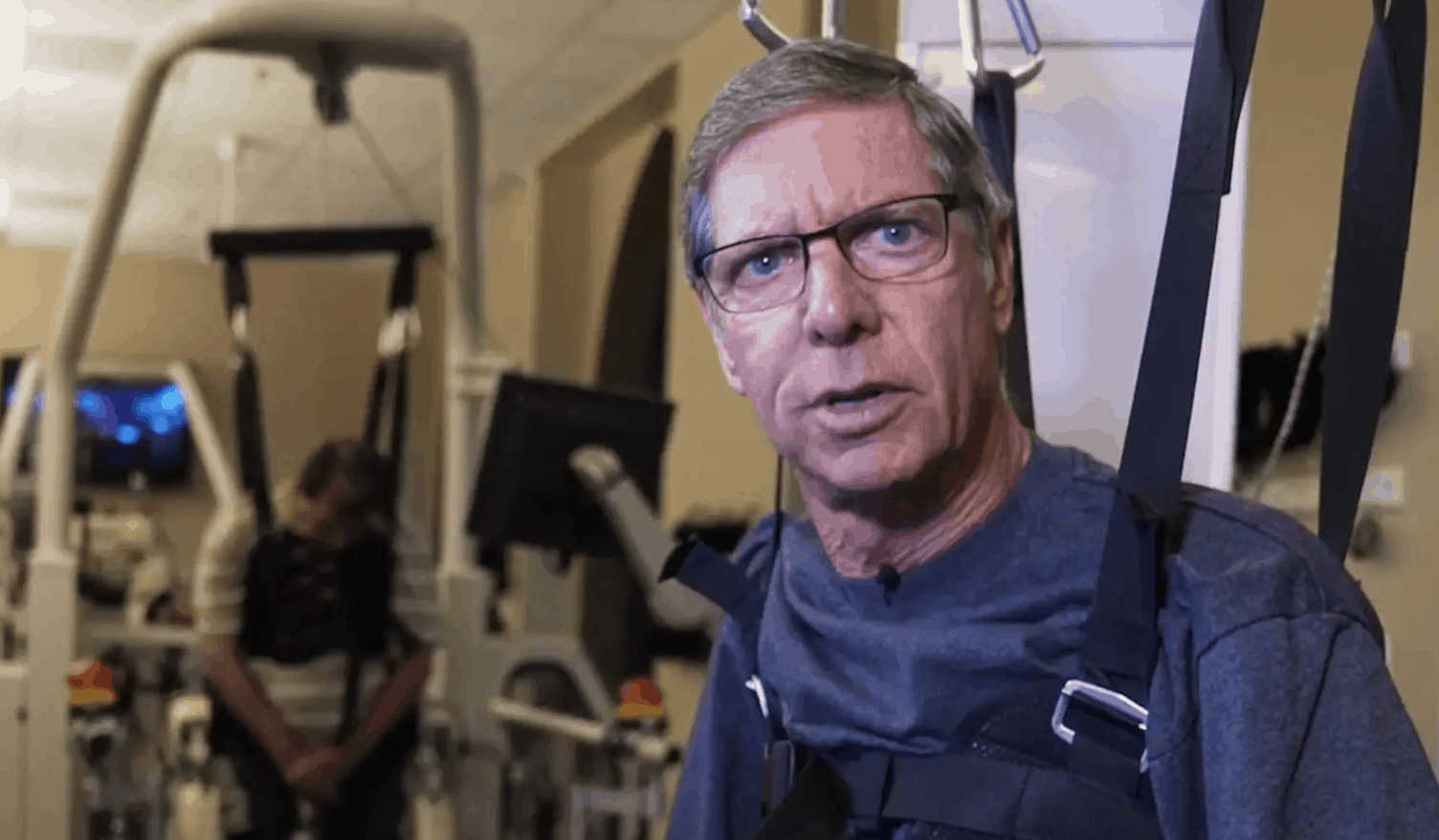2953 Edinger Ave
Tustin, CA 92780
(949) 733-0044
for emergencies call 911
Tustin, CA 92780
for emergencies call 911
MS symptoms are variable and unpredictable. No two people have exactly the same symptoms, and each person’s symptoms can change or fluctuate over time.
Rehabilitation: They say the goal of rehabilitation is to improve and maintain function. We take it one step further maintain and IMPROVE.
Watch our video and come see High Hopes.

Multiple sclerosis (MS) is an unpredictable, often disabling disease of the central nervous system that disrupts the flow of information within the brain, and between the brain and body.
Diagnosing MS can be a challenging process. In early MS, symptoms may be non-specific and suggestive of several disorders of the nervous system. Early symptoms that come and go may be ignored. While no single laboratory test is yet available to prove or rule out MS, magnetic resonance imaging (MRI) is a great help in reaching a definitive diagnosis. Diagnostic criteria that incorporate MRI findings have been developed and revised by experts in the field and have helped providers make an accurate and timely diagnosis.
Occurs in about 80% of people, can significantly interfere with the ability to function at home and work, and may be the most prominent symptom in a person who otherwise has minimal activity limitations.
Related to several factors including weakness, spasticity, loss of balance, sensory deficit and fatigue, and can be helped by physical therapy, assistive therapy and medications.
Numbness of the face, body, or extremities (arms and legs) is often the first symptom experienced by those eventually diagnosed as having MS.
Refers to feelings of stiffness and a wide range of involuntary muscle spasms; can occur in any limb, but it is much more common in the legs.
Weakness in MS, which results from deconditioning of unused muscles or damage to nerves that stimulate muscles, can be managed with rehabilitation strategies and the use of mobility aids and other assistive devices.
The first symptom of MS for many people. Onset of blurred vision, poor contrast or color vision, and pain on eye movement can be frightening — and should be evaluated promptly.
People with MS may feel off balance or lightheaded, or — much less often — have the sensation that they or their surroundings are spinning (vertigo).
Bladder dysfunction, which occurs in at least 80% of people with MS, can usually be managed quite successfully with medications, fluid management, and intermittent self-catheterization.
Very common in the general population including people with MS. Sexual responses can be affected by damage in the central nervous system, as well by symptoms such as fatigue and spasticity, and by psychological factors.
Constipation is a particular concern among people with MS, as is loss of control of the bowels. Bowel issues can typically be managed through diet, adequate fluid intake, physical activity and medication.
Pain syndromes are common in MS. In one study, 55% of people with MS had “clinically significant pain” at some time, and almost half had chronic pain.
Refers to a range of high-level brain functions affected in more than 50% of people with MS, including the ability to process incoming information, learn and remember new information, organize and problem-solve, focus attention and accurately perceive the environment.
Can be a reaction to the stresses of living with MS as well as the result of neurologic and immune changes. Significant depression, mood swings, irritability, and episodes of uncontrollable laughing and crying pose significant challenges for people with MS and their families.
Studies have suggested that clinical depression — the severest form of depression — is among the most common symptoms of MS. It is more common among people with MS than it is in the general population or in persons with many other chronic, disabling conditions.
Managing MS is an ongoing process. It’s never too soon or too late to think about how to access high quality, comprehensive, interdisciplinary care.
As yet, there is no cure for MS. However, we are at a pivotal moment wherein researchers are making significant progress and breakthrough solutions toward a world free of MS.
Emotional well-being is perhaps the most important component of overall wellness. In addition to affecting how we perceive ourselves and the world around us, emotions influence:
Like other aspects of wellness, emotional well-being can be nurtured and enhanced, even in the face of changes and challenges.
. Eating a diet rich in fruits and vegetables
. Exercising regularly
. Treating obstructive sleep apnea (OSA)
AVOID:
© 2024 HIGH HOPES
Made with ❤ by The Point Solutions
Rehabilitation: They say the goal of rehabilitation is to improve and maintain function. We take it one step further maintain and IMPROVE.